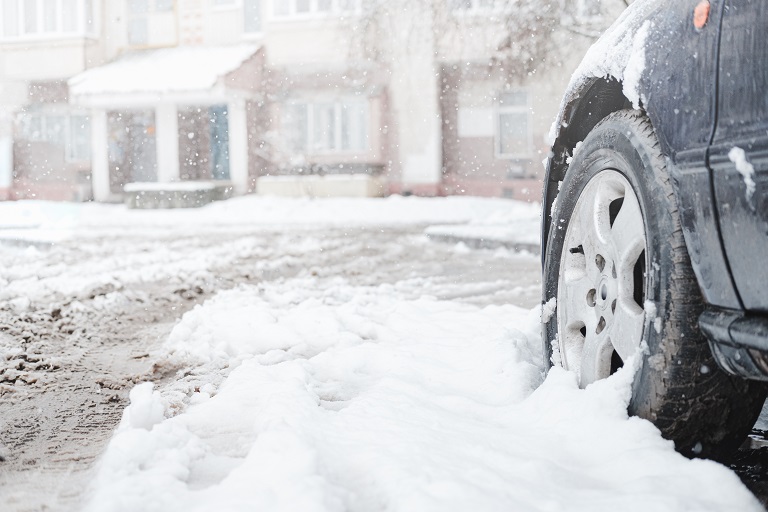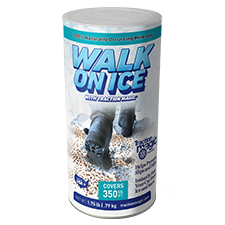What is the lifespan of a newly laid concrete driveway

The two most commonly used driveway materials are concrete and asphalt. However, concrete is preferred by most property owners as a more durable, customizable, and heat-resistant material compared to asphalt. Concrete is also perfect if you expect a heavy vehicle load on the driveway. In addition, you can easily customize the concrete material to give it not only the desired design and shape but also you can make it decorated with stamps, colors, and textures.
Generally, a concrete driveway lasts for 25 to 30 years, extending up to 50 years with regular maintenance and repair if it follows a strong foundation and installation process. Hence, it would help if you think wisely about what to use to melt ice on concrete before buying any harmful chemicals that can damage your concrete. Here are some pointers to help you take care of your concrete.

Maintenance Tips For A Prolonged Concrete Driveway
If you want to extend the sustainability of your concrete driveway, you should pay attention to the following issues, which should be fixed timely:
Chipping Edges: After a few years of installation, you may notice that concrete is chipping off from driveway edges that should be repaired with a concrete mixture immediately to avoid significant cracks on the concrete driveways.
Stress Cracks: Sometimes, small hairline cracks can grow more comprehensive and extended; you should schedule a repair with a contractor or DIY.
Potholes: Keep your concrete driveways free from sinkholes. Potholes can quickly be filled and will help extend your concrete driveway’s longevity for many years.
What To Use To Melt Ice On Concrete?
Winter is the most challenging season for protecting concrete, where you see bulk ice and snow on the concrete driveways and pavers. You can quickly get confused about what to use to melt ice on concrete and which product is the best ice melt for pavers among a range of ice melt products available in the market, including Sodium Chloride, Calcium Chloride, Urea-modified, and Magnesium Chloride.
Salt and Chloride are not safe for your concrete as they can be absorbed by the concrete pores along with the water brine and can cause corrosion to the steel and rebar as well, as water refreezing will crack the concrete. Instead, use urea-based ice melts that naturally melt the ice without causing any corrosion and will not allow water to refreeze inside the concrete pore to protect from cracks.
Safe Thaw – Best Ice Melt For Pavers And Concrete
For the longer life of the concrete driveway, Safe Thaw is the best ice melt for the pavers and has substantial longevity. It is a urea-modified natural ice melt solution for concrete and pavers, prepared with a secret sauce that gives you higher performance with less quantity.
In addition, it contains special surfactants that spread faster and cover a maximum area with relatively less amount. Finally, its inhibitors control the reformation of ice from brine inside the concrete pores and give protection from corrosion and cracks while ensuring the safety of your concrete.
100% Salt & Chloride-Free Ice Melt for Winter Storm Protection.
Conclusion
Concrete driveways and pavers have costs, and you must ensure the safety of your investment by increasing its life span through regular repair and care. Choosing the proper ice melt is very important to maintain the new look and long life of your concrete driveways.
Try Also Our Other Winter Safety Products:
Safe Paw
The Original and #1 Selling Pet and Child Safe Ice Melt for over 20 years. Guaranteed environmentally safe –It won’t harm animals or children, and it won’t damage your property. That’s Safe Paw. Safe Paw can change how winter affects our planet.

Walk On Ice
The handy disposable canister can be taken everywhere, with the same 100% naturally occurring minerals that provide instant traction on ice or snow. Use it on sidewalks, steps, or as an instant traction agent for your car.


